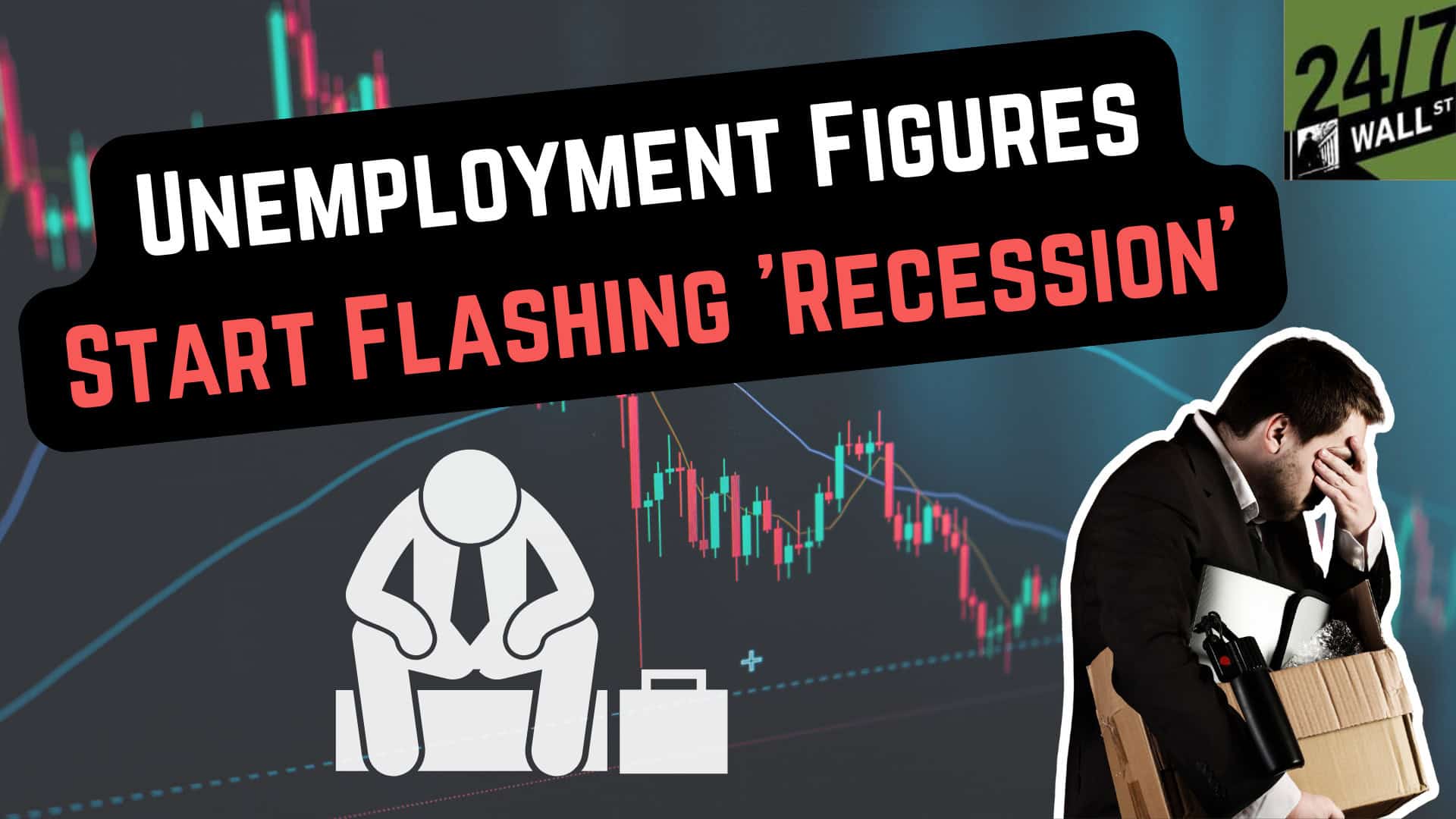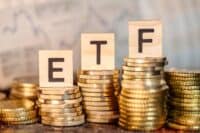
Key Points:
- Government overestimated job creation by 900,000.
- Weaker job market increases recession concerns.
- Miscount may have delayed earlier Fed rate cuts.
- One of the best ways to protect yourself in a downturn is high-quality dividend stocks. Smart money is scooping up these two dividend legends before word gets out.
Douglas and Lee discuss the U.S. government’s monthly unemployment figures, highlighting recent revelations that nearly 900,000 jobs were overestimated in earlier reports. This significant discrepancy, especially in an election year, undermines the narrative of a strong job market. They argue that if these revised numbers had been available earlier, the Federal Reserve might have cut interest rates sooner, possibly avoiding the assumption of a robust economy. They also discuss the potential for a recession, noting that Wall Street firms like Morgan Stanley (NYSE: MS) have raised their recession predictions. The conversation concludes with concerns about the implications of further revisions to economic data and the strain on consumers due to rising credit card debt.
Watch the Video
Edited Video Transcript:
The government puts out unemployment figures every month.
It’s when they come out, they’re the lead business news that day, always.
If you look at the U.S. job market over the last couple of years, you know the additions are always in the hundreds of thousands.
And I would say for the most part they have been ahead of consensus.
Most months they’ve been ahead of consensus.
The reason is that people keep thinking the economy’s going to slow down, so let’s figure out, well, it’s going to be below what it used to be.
It comes out, it’s a bigger number.
Everybody is shocked.
Now, people don’t realize that the government actually keeps track of these things and looks back and says, well, were we right or not?
So they just did this.
And what did they say, Lee?
Well, apparently the numbers have been a little bit, and there’s been revisions every month this year.
But they came out and said, even with those revisions in mind, we’re close to 900,000 jobs that we did not create.
And that is a staggering number, especially in an election cycle, because you know the people running for office, especially those that are in office, have been touting the great employment and, hey, everything’s okay.
Everything’s not too bad.
We’re doing really good here.
And the reality is that they’re horrible.
They’re absolutely horrible.
And there’s been big revisions in the past but never this big.
Well, two things.
The first one is for everybody, for perspective, the city of Detroit has a population of less than 700,000.
So you can take it and compare it to a very big city.
And the miscount by the government is even larger than that.
What it does tell me, though, is that it’s another reason that people didn’t know about that a rate cut makes some sense.
The Fed was making the assumption that the job market was unusually strong, robust, muscular.
Now, looking back, if the Fed had the real numbers, I often wonder if they would have cut earlier.
You know, if the numbers every month.
Oh, yeah.
I think that the Fed, instead of cutting now, might have got earlier because this tells you the job market was not super strong.
It was OK.
It wasn’t bad, but it certainly wasn’t as strong as everybody figured it was.
Well, and again, the whole post-COVID job growth, you know, and politicians, regardless of the side of the aisle, touting that really are trying to fool the public because, you know, there were so many jobs that were lost during COVID that all they did was fill the hole.
They dug a hole and filled the hole back in.
That’s not job growth, you know.
I’m not smart enough to use the exact number, but it also means that the unemployment rate, everybody was bragging about the fact that it was under 4% for that long.
If these numbers had come out accurately every month, the unemployment rate would have been higher.
Once again, the chances that the U.S. was heading towards at least a soft recession would have been higher.
It’s also support for the fact that the U.S. is heading into a recession.
Is that the job numbers, you thought they were strong?
You weren’t in a recession.
Now you found out they weren’t that strong.
So to me, that makes the idea that we’re headed toward a recession or we’re already in the early parts of one is probably accurate.
Oh, absolutely.
It’s accurate.
And, you know, where some of the firms on Wall Street are lowering their recession chances.
Morgan Stanley just raised theirs to 35%.
Well, as we’ve discussed many times, the numbers from the government, they’re kind of a mishmash of actuarial stuff and trends and things like that.
It’s not hard data.
You know, they kind of take a guess at it in some cases.
But this is wildly off the mark.
And, you know, politicians are like, uh-oh, uh-oh, what are we going to do to help this?
Because they’ve spent so much money, it’s not like they have a lot of dry powder to help boost the economy at this juncture.
So the question is, is there going to be more revisions down the road?
Are these numbers going to go higher?
And if they do, then what happens to the economy?
Because we did have a quick recession in 2022.
We had two quarters of negative GDP growth, but it was kind of poo-pooed and like, no big deal.
And then we moved on and they kept spending money.
And the interest rates in 2002 were still 2% for mortgages and 0% for funds, but that ain’t the case now.
Well, it also raises the question about whether you’re going to see revisions in GDP.
Yeah.
You know, if you have these revisions and the job market is weaker than they said it was, and you have any downward revisions of GDP, then there is some support for the fact that the United States was in some financial trouble over the course of the end of the year that ends right now.
Well, and all of the money that was saved up during COVID from the free handouts and everything like that, that’s all been spent.
It’s gone.
People are using their credit cards because there’s over a trillion dollars in American credit card debt.
A trillion dollars at rates that are not one or 2%.
If you run it.
Yeah.
100 Million Americans Are Missing This Crucial Retirement Tool
The thought of burdening your family with a financial disaster is most Americans’ nightmare. However, recent studies show that over 100 million Americans still don’t have proper life insurance in the event they pass away.
Life insurance can bring peace of mind – ensuring your loved ones are safeguarded against unforeseen expenses and debts. With premiums often lower than expected and a variety of plans tailored to different life stages and health conditions, securing a policy is more accessible than ever.
A quick, no-obligation quote can provide valuable insight into what’s available and what might best suit your family’s needs. Life insurance is a simple step you can take today to help secure peace of mind for your loved ones tomorrow.
Click here to learn how to get a quote in just a few minutes.
Thank you for reading! Have some feedback for us?
Contact the 24/7 Wall St. editorial team.





